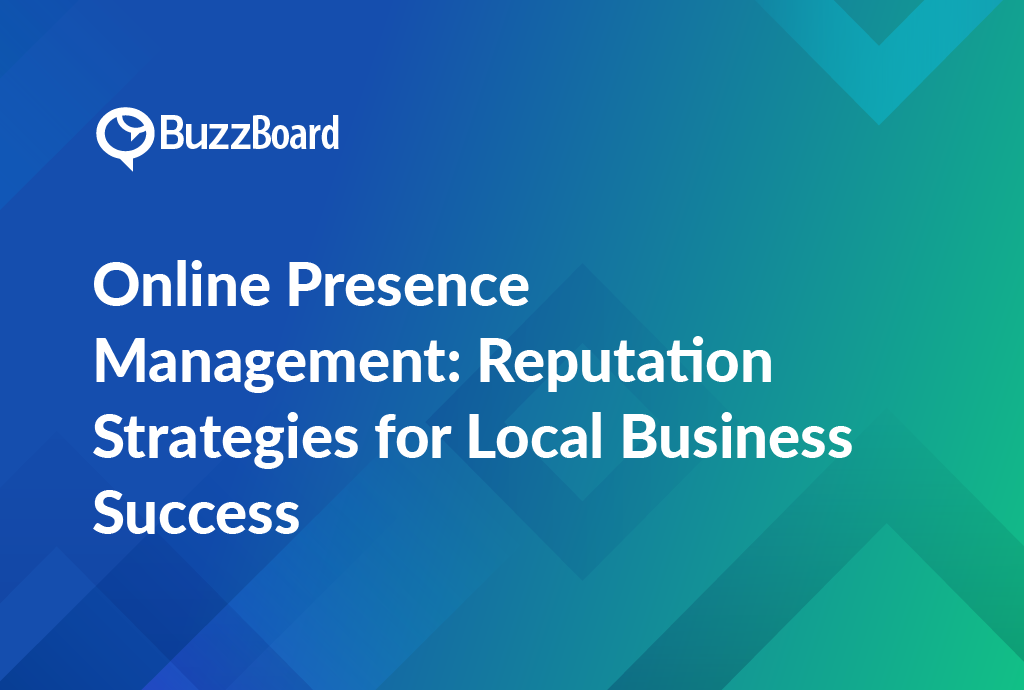Understanding the Importance of Industry Research for Small Businesses
In today’s cut-throat marketplace, having a comprehensive understanding of your industry is vital. This is where industry analysis becomes indispensable for small businesses. Utilizing small business industry research tools can greatly simplify this task, assisting in uncovering industry specifics, market trends, and competitor research discoveries that shape your business strategies.
Industry research can unveil crucial data about your rivals—their strengths, weaknesses, and game plans. It helps you pinpoint areas where your competitors are thriving and where they’re falling short. This insight can be used to craft a distinctive selling proposition for your business, helping you differentiate in the marketplace.
Additionally, observing market trends can help identify growth opportunities or upcoming hurdles, letting you align your business with the shifting market demands. Perhaps the cardinal aspect of industry research is gaining a deeper understanding of your target audience. Comprehending who your customers are, their needs, preferences, and behaviors empower you to customize your offerings, ensuring you fulfill their unique needs and build a loyal customer base.
Ultimately, industry research isn’t merely important, it’s crucial for small businesses. A sound understanding of the industry enables you to make enlightened decisions, seize opportunities, and obtain a competitive edge.
Investigating Top Tools for Effective Small Business Industry Research
Investigating top-of-the-line small business industry research tools is essential, particularly in this highly competitive era where market trends and target audience insights constantly evolve. These devices offer invaluable industry analysis to assist you in formulating successful digital marketing plans for small and local businesses.
The first tool worth considering is IBISWorld. It provides in-depth industry reports and statistics, making it an ideal pick for competitor analysis. The profound industry analysis from IBISWorld can furnish insights about market trends, aiding you in pinpointing opportunities for your clientele.
Another tool vital to small business industry research is Statista. Renowned for its exhaustive array of statistics and infographics, Statista can deepen your grasp of your client’s industry. It supplies data on consumer behavior, market trends, and competitor actions, offering a comprehensive scope of the clients’ business environment.
Finally, you can’t disregard SimilarWeb when seeking to enrich target audience insights. This tool offers website analytics, supplying you with key insights about your clients’ audience’s behavior, demographics, and even preferences.
These leading tools can empower salespeople at digital marketing agencies to deliver value-added services to their small and local business customers. By utilizing these tools, you can confer a competitive edge upon your clients.
How Small Business Industry Research Tools Can Help in Detailed Industry Analysis and Competitor Research
Using small business industry research tools can strategically enable those in digital marketing agencies to effectively analyze the competitive landscape, identify market trends, and understand target audience insights.
Performing a thorough industry analysis is crucial for gaining a competitive edge in today’s saturated business environment. Utilizing these tools can unearth hidden market threats and opportunities, informing evidence-based strategic planning. Users can deeply examine industry statistics, government regulations, and economic factors that may influence business growth.
Industry research tools also enable competitor research. Agencies can track competitor behavior, market share, pricing strategies, and promotional campaigns. This information empowers marketers to better position their clients’ offerings in the market, preparing them for active competition.
These tools are also enlightening when it comes to market trends. By displaying current and predicted industry trends, businesses can adapt and make data-driven decisions on marketing strategies in line with market progression.
The insights these tools provide into the target audience are invaluable. By surveying demographics, spending habits, preferences, and behavior of potential consumers, marketing tactics can be tailored more effectively to resonate with them.
In the digital age, agencies should exploit the potential of small business industry research tools to efficiently navigate the business landscape and deliver optimal results to their small business clients. Essentially, these tools are essential for fostering robust marketing strategies centered on industry analysis, competitor research, and target audience insights.
Utilize Research Tools for Unveiling Market Trends Relevant to Your Small Business
Understanding your market and adapting to economic and industry shifts is vital for any entrepreneurial endeavor. This is especially true for digital marketing agencies that cater to small and local businesses. Regular competitor research and industry analysis, using small business industry research tools, can give your agency an edge.
An array of tools is available to help you contextualize market trends, offering key insights into your target audience. These tools help your agency appear forward-thinking and in sync with the fluctuating marketplace, demonstrating to your clients that you understand their niche deeply.
IBISWorld has a broad collection of market research reports for various industries. Utilizing this tool can offer insights into your clients’ industry conditions, principal competitors, and an industry outlook and life cycle.
Other critical tools, like SEMRush, can be instrumental in competitor research. It aids in understanding how your clients’ competitors are positioning themselves online by giving insights into their target keywords, backlink strategy, and overall SEO approach.
These research tools also provide demographic and psychographic data about your clients’ target audience, thereby enhancing message effectiveness and improving the return on your clients’ marketing efforts.
Finally, subscribing to top industry blogs and joining related LinkedIn groups can provide timely insights on industry trends. Participation in these online communities offers a first-hand perspective on market conversation, dueling your agency with a rich, contextual understanding of your clients’ industries.
Remember that in marketing, knowledge is power. The use of these tools for dedicated industry analysis and competitor research isn’t just a suggestion—it’s a necessity in today’s hyper-competitive digital marketplace.
Gaining Target Audience Insights Through Use of Small Business Industry Research Tools
Understanding your target audience is essential for any successful marketing campaign. Gaining these invaluable insights can be achieved through leveraging small business industry research tools. These tools offer a thorough industry analysis, allowing you to gain insights into market trends, industry growth, and competitor performance. They prove invaluable for sales professionals at digital marketing agencies.
Research tools can help identify your target audience’s needs, preferences, and behaviors. By analyzing data, agencies can design marketing strategies that hit the mark—all aimed at connecting with the target audience and meeting their expectations.
Tools, such as SEMrush, Ahrefs, or Moz can assist in competitor research—providing insights and understanding about your competitor’s strategies, their performance, and their influence on your target audience. These analyses can guide you in creating more effective marketing proposals that will appeal to small and local businesses.
Moreover, these tools can provide live insights into market trends, ensuring your strategies are in sync with the continually evolving market requirements. Remaining current is especially vital in the digital age, where trends can rapidly shift, and businesses must quickly adapt.







